Trigger Warning: This piece contains content and language from a personal experience that readers may find sensitive or consider graphic in nature as related to sexual assault and abuse.
My life was forever changed when I was 14. It was January. I remember because it was cold. There was snow on the ground that year. I was at the tail end of my Grade nine winter break. I still can feel the weight of him sometimes. After the assault, I walked. I walked for hours in the snow, alone and desperate for help. Not knowing how to ask. Not knowing what would come next. I learned to hide my feelings. I pushed them so deep inside. I didn’t want to be the hurt girl. The sad girl. The damaged girl. Because then someone may know. I didn’t want my family to know and for them to think of me differently. I didn’t want to be seen as weak or damaged.
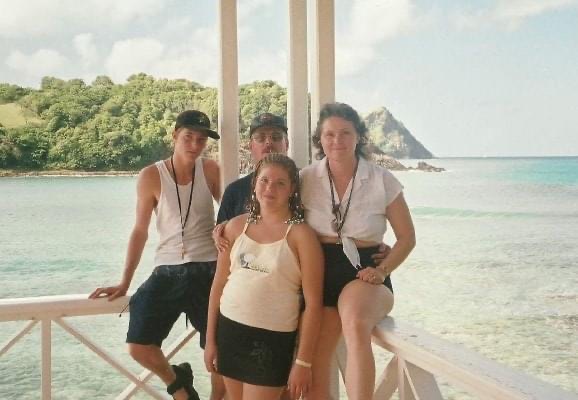
April: Sexual Assault Awareness Month
April is Sexual Assault Awareness Month. One in nine girls under the age of 18 will experience sexual assault in their lifetime. Girls aged 16-18 are four times more likely to experience rape or sexual assault than any other age group. As a mother of a girl myself, these are frightening statistics. I’m the one in seventeen. I am a survivor.
It wasn’t until the birth of my daughter that I decided to open up. I decided that I would never want her to feel the shame I felt. If, heaven forbid, she becomes a one in five, I want her to know she can come to me.
How can we help foster this open relationship with our children – one that makes it easy for them to come forward to us in cases of sexual assault or abuse? As parents we have an important role to play. We have the opportunity to be there for our children through open conversations, in helping them understand their rights to their bodies and the meaning of consent, and also are responsible for educating ourselves on how to provide critical support. These are my tips for Sexual Assault Awareness Month based on my own lived experience.
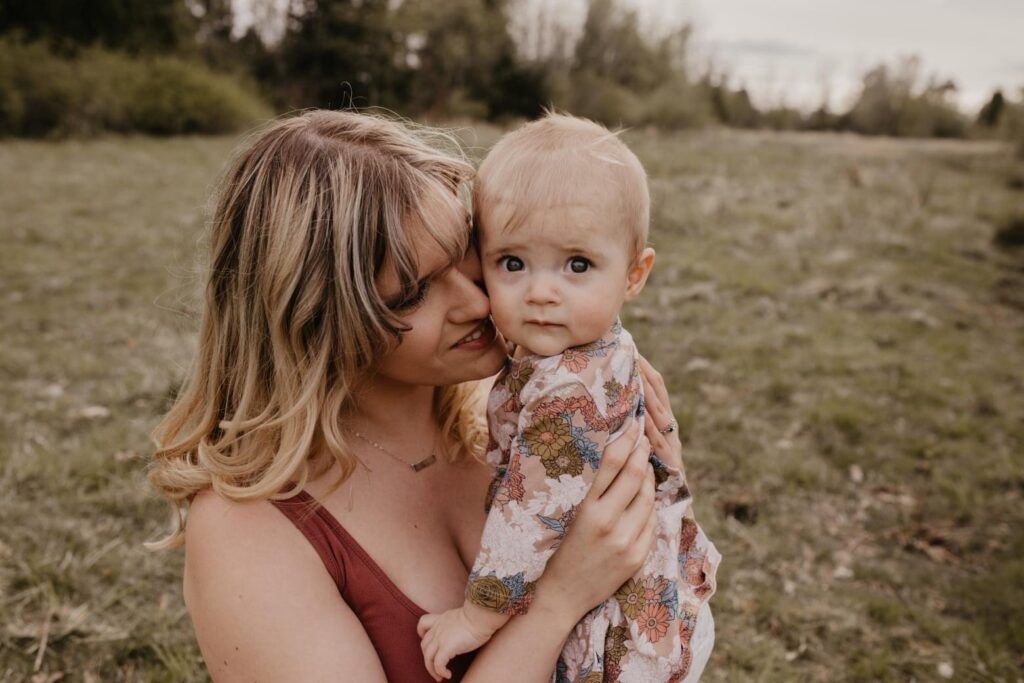
Sexual Assault and Abuse Prevention Tips
1) Have Open Conversations
First off, be open about sex. Don’t make it a taboo subject. When the assault happened to me, I felt dirty. Even though I said no – I still felt like it was my fault. That I was impure. I feared my parents learning about it. When I finally shared about what happened to me, as a married woman with a child, I was still afraid of my parents knowing. So, make sure you initiate those conversations with your children. Let them know that they can be open with you and can ask you about sex.
2) Teach Proper Body Part Names
It is never too early to start teaching kids about their bodies. On the theme of abuse prevention and sexual assault awareness, it is vital you introduce and use the correct body terms for their private areas and body parts. Correct terminology should be taught from the get go. Children who know the proper terminology removes the taboo about those body parts. It allows them to take ownership for their body and not be ashamed of their body parts. Not only does it help build body confidence and open conversation, but it can actually reduce the chance of children getting sexually assaulted.
Knowing the proper terminology can help children in reporting sexual assault if it does happen and makes them a more reliable witnesses. As well, since conversation is already open, children will be more likely to feel safe enough to talk to the adults in their life.

3) Recognize the Power of Language
One of the other problems I had with telling people was I didn’t know what sexual assault was. I didn’t know what rape was. I didn’t have the words to explain what happened to me. Looking back, I remember the first time I tried to tell an adult, my high school counselor, I was failed. I was still forced to go to highschool every day with my attacker. Not because they sided with him, but because I didn’t say those important words. I didn’t say, “I was raped”. The words I used were not strong enough to create red flags in the school system. I can only imagine how my life, how my high school career, would have been different if I had known the proper terms to describe what happened to me. Recognize and teach your children the language and words that will empower them.
4) Empower Your Kids to Say No
While we are on hard topics, teach your kids about consent and empower them to say no. I like to use the tea analogy. If you offer someone tea and they say no, you can not force them. Or, if someone starts drinking the tea and changes their mind, you should not force to continue. If they are unconscious, you can not pour tea down their throats. Empower your children to know that at any time, they have permission to say no. This is easy to teach, even from a young age. Playing a tickling game and your child, through laughter, says no? Stop right away. Teach them that when it comes to their body, no is always allowed. No is always safe. No can be said at any time.
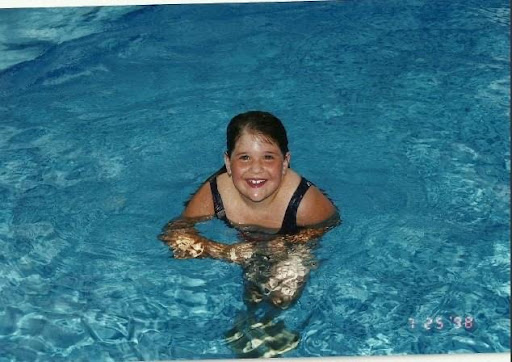
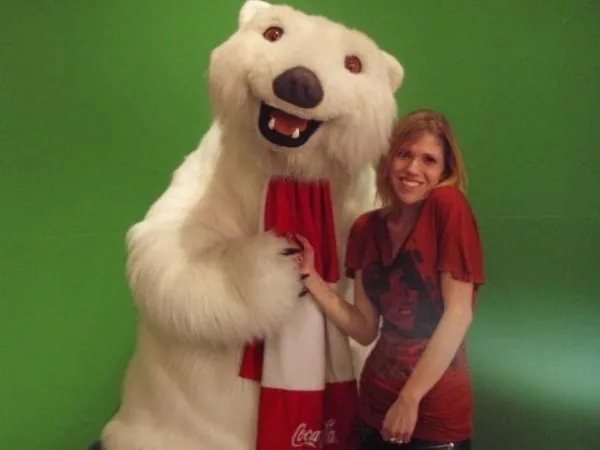
5) Parental Education and Warning Signs
Be on the lookout for the signs of assault or sexual abuse. Thinking back to my highschool years, I can now see in myself all the signs of someone suffering from Post Traumatic Stress Disorder. Watch for changes in behaviour, including changes in eating behaviour.
After the assault, I developed an eating disorder to take back my life. I lost over 100lbs within a year span. People with PTSD may develop trouble sleeping or be waking more often from nightmares. They may begin to avoid things they once enjoyed or appear emotionally numb. Or, they may be like me and do the opposite, becoming hyper fixated on specific things to avoid thinking of their trauma. They may also exhibit panic attacks, where the heart races and they may even begin to shake uncontrollably. If you notice any of these signs, reach out to them. It may be nothing, or it may be the lifeline they need to begin their healing journey.
The sad fact is that we can’t truly prevent sexual assault from happening. But, we can help those impacted by believing and supporting them. We can create a supportive and open relationships with our children so they know they can come to us.
Greater Vancouver Resources for Sexual Assault Support
With April being Sexual Assault Awareness Month it’s important to share that there are resources available to help you, your children or community members. You are not alone and there is support throughout Greater Vancouver.
A resource for everyone. VictimLinkBC is a 24/7 multilingual phone line for reporting sexual assault and other crimes. They provide referral services and immediate help. Phone: 1-800-563-0808
In Abbotsford SARA House provides emergency housing for up to 30 days to women and children escaping abusive situations.
A Langley resource, Ishtar Society provides emergency housing for up to 30 days to women and children escaping abusive situations. Counselling for victims of sexual abuse is also available. They have a 24 hour crisis line that can be reached at (604) 310-1234.
Alisa’s Wish Child is located in Maple Ridge and supports children under 18 who have experienced or witnessed physical, emotional, or sexual abuse.
The Treehouse Child & Youth Advocacy Centre
This Centre in Vancouver aims to prevent abuse towards children. They provide programming to help victims of childhood abuse reclaim their childhood.
This VM Voices post was written by Guest Writer Amanda Gerard.
Amanda is a mama, mental heal advocate, sexual assault survivor and teacher. She is dedicated to using her voice to spread awareness for Sexual Assault as well as Eating Disorders. Amanda is also the Fairy Godmother of Fairest Skye, a character entertainment and decor company. She resides in the Lower Mainland with her husband Tyler, daughter Charleigh, and two fur babies. When Amanda isn’t working she enjoys trying out new local eateries and parks with her family.
Would you like to write for us? We welcome well-written guest submissions with a local interest slant. Share your tips, review local businesses and highlight hot trends for Vancouver moms. Get all the info on our Contributor Page!
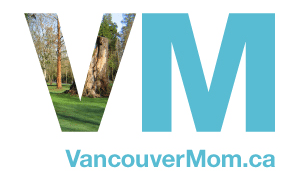
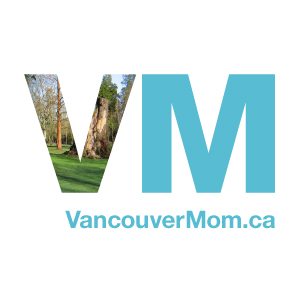
















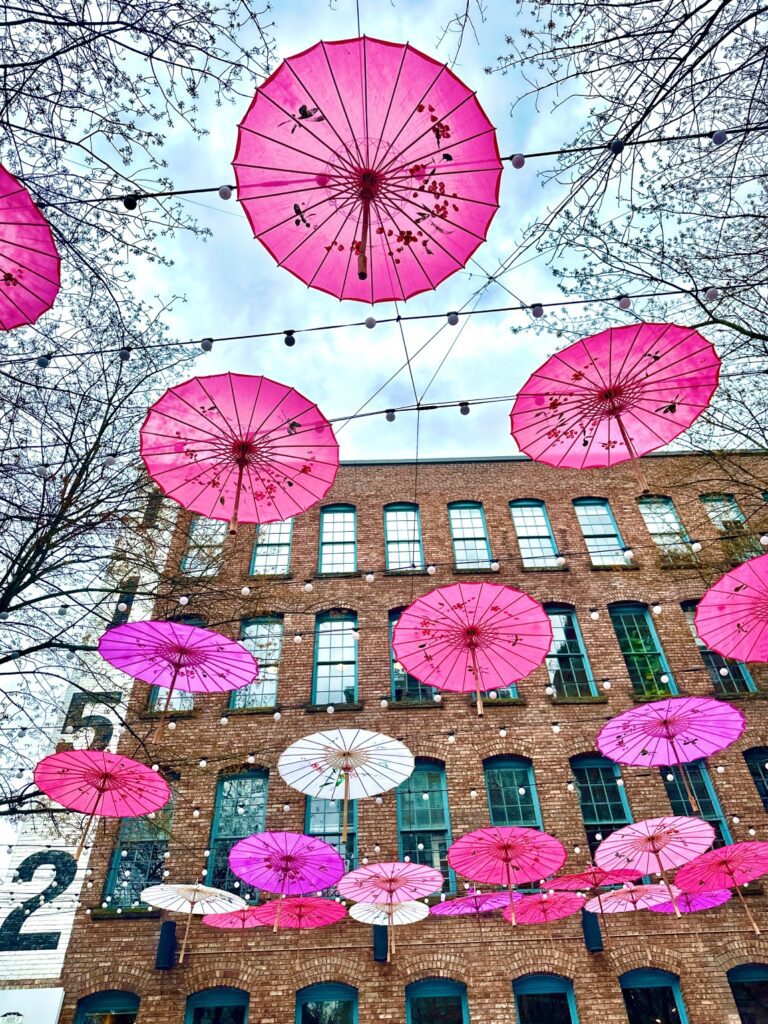
Thanks for sharing your story, Amanda. The tips you shared are so vital to help protect our kiddos from having the same experience .